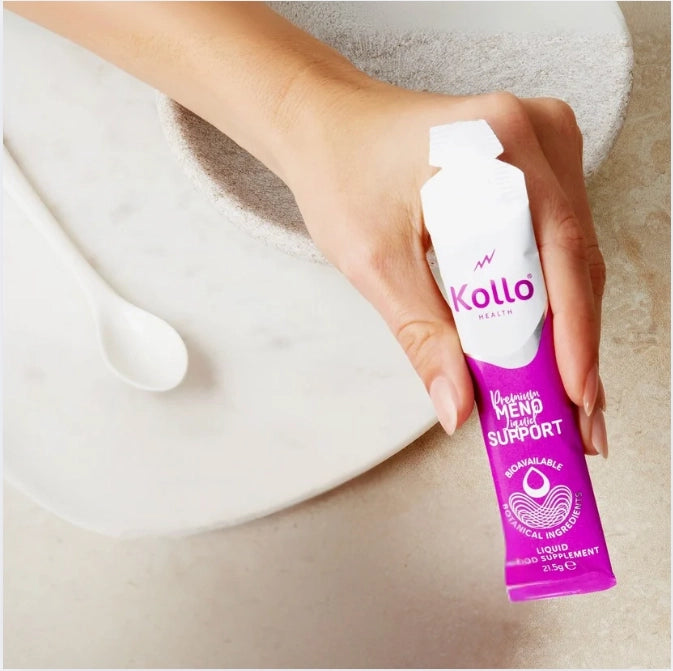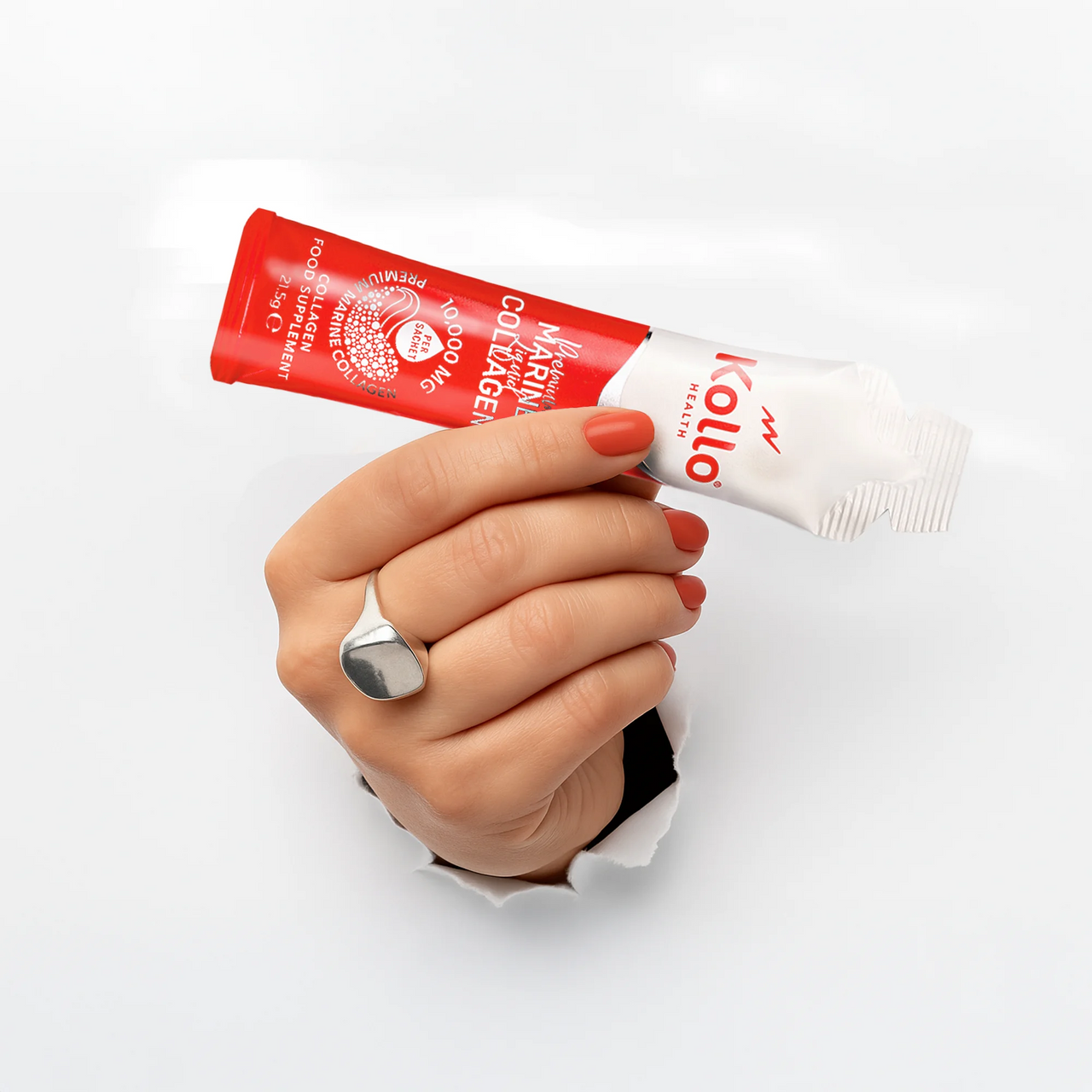The importance of vitamin C
You might know vitamin C as the vitamin that's in oranges, carrots, and other fruits and vegetables. But there are actually lots of ways to get your dose of vitamin C, so you don't have to worry even if you don't like your fruit and veg! In this article, we'll have a look at some of the best sources of vitamin C and why it's such an important vitamin to consume.Health benefits of consuming vitamin C
The health benefits of vitamin C are a stronger immune system, healthy skin, strong bones and cartilage, and general cell protection. Wounds also heal a lot quicker with a solid vitamin C supply. If you don't consume enough vitamin C, you'll become deficient and notice some of the opposite effects to the benefits stated. In extreme cases, vitamin C deficiency can lead to scurvy.
What is scurvy?
Scurvy is a long-term vitamin C deficiency (at least 3 months). It is rare, as most people naturally get enough vitamin C in their diet. Smoking is a risk factor for scurvy. Symptoms include feeling tired, weak and irritable, leg or joint pain, swollen gums and easily bruising skin. These could all be signs of more common illnesses, however, so see your GP for a diagnosis.
How to get vitamin C
As mentioned, scurvy is rare because most people get enough vitamin C in their diet. Vitamin C is found in citrus fruit, strawberries, broccoli, potatoes, peppers, brussels sprouts, and other fruit and veg. Adults need around 40 mg of vitamin C every day. This particular vitamin cannot be stored in the body - so you do need to intake some vitamin C each day.
The best way to get enough vitamin C is through your diet, including some of the fruit and vegetables mentioned above. That being said, if you are worried about not getting enough vitamin C on a particular day, you can also take a vitamin C supplement. These can be taken on their own, or you could take an all in one supplement such as Kollo. This is a collagen supplement that also contains other vitamins, including vitamin C.







